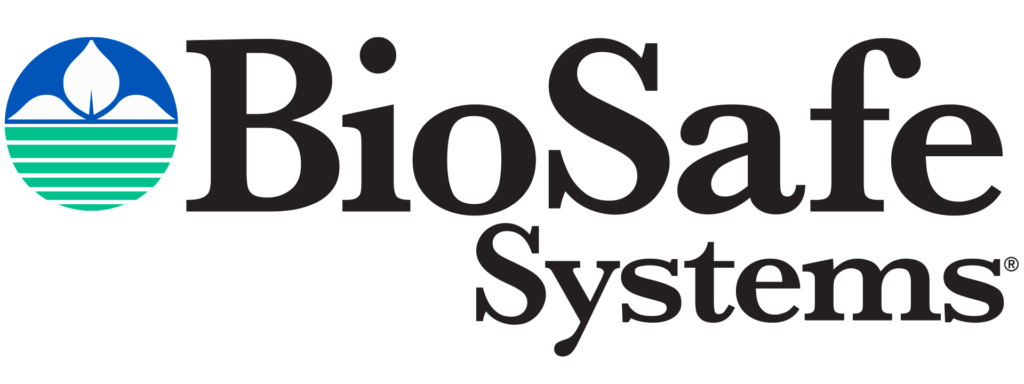
Published by permission from AG Professional Magazine. c/o Farm Journal Media, originally printed 6/6/2016
Downy mildew, a fungus-like pathogen, represents one of the greatest threats to American vegetable crops. After nearly 120 years as a relatively rare, easily managed crop disease, downy mildew surged in 2004 — devastating cucurbit crops throughout southeastern United States. The disease spread into Michigan and the Midwest the following year, and has been a serious problem ever since. More than 2.6 million acres, representing approximately $7.5 billion in high-value crops, are affected each year by downy mildew.
Controlling the disease has become a high priority for researchers and the U.S. Department of Agriculture, which has awarded Michigan State University and collaborators at six other universities a four-year, $2.3 million grant to develop management plans for downy mildew.
MSU AgBioResearch plant pathologist Mary Hausbeck (picture) is the lead on the grant project. She has been helping Michigan vegetable growers battle downy mildew for the past 10 years. The threat has risen in recent years as the pathogen has developed resistance to many formerly effective fungicides, she said.
“Each year in Michigan, it becomes more difficult to grow cucumbers,” said Hausbeck, university distinguished professor in the Department of Plant, Soil and Microbial Sciences and MSU Extension specialist. “We’re the No. 1 state for cucumbers for pickling, but this pathogen makes every year a challenge to grow them successfully.”
Hausbeck and her colleagues have formed a multistate research group uniting plant pathologists, plant breeders, social scientists and economists in efforts to develop advanced tactics for growers to confront downy mildew. They will work to enhance and refine early detection methods that allow growers to identify the pathogen’s presence in the air even before it infects fields and becomes a problem. Current early detection practices are labor-intensive and do not provide growers with real-time updates.
Recent advances in genomics and molecular biology will allow the group to design and implement improved diagnostic and forecasting tools to identify and track the pathogen. Plant breeders will also work on developing and testing new downy mildew-resistant varieties of cucumbers, basil and spinach, some of the most threatened crops.
A nationwide outreach program will also work to deliver the group’s findings to growers through regularly updated web-based tools and talks with growers and other industry stakeholders. A coordinated summer internship program will train a diverse group of undergraduate students, educating the next generation of growers, plant researchers and outreach specialists.
“By sharing our expertise, we’re going to have a team capable of addressing the various aspects of this pathogen, rather than each of us working by ourselves,” Hausbeck said. “We want to provide growers with better diagnostic tools and management strategies which will reduce the risk of downy mildew and improve the security of these crops. I know we can improve what we’ve been doing, and these new resources and the expertise of this team will let us do that.”
Slowing the advance of downy mildew in Michigan is especially critical to the state’s food industry.
“East of the Mississippi, we tend to have humid conditions and plenty of rainfall,” Hausbeck said. “That’s a good growing climate, but it’s also an inviting climate for diseases. If we can’t control them, that means we’ll have to start sourcing our vegetables from farther west. I think consumers would rather have their cucurbits and basil locally grown.”
In addition to MSU, the University of Florida, Oregon State University, Rutgers University, Cornell University, California State University and North Carolina State University, as well as the USDA Agricultural Research Service, are participating in the grant project.
BioSafe Systems, LLC is a company leading innovations since 1998 for environmentally sustainable practices and products that protect crops, water, and people. Our success hinges on a commitment to customer service, quality research, regulatory compliance, and the willingness to adapt. BioSafe Systems is a family-owned and operated company certified by NQA to ISO 9001:2015, 14001:2015, and 45001:2018, and our products are manufactured proudly in the United States. More about BioSafe Systems

Terms: One entry per person. Continental US only. One winner will receive 1,000 cash. December 15, 2023, is the last day of entry. The winner will be contacted on Wednesday, December 20, 2023, via email.

Terms: One entry per person. Continental US only. One winner will receive the Milwaukee 5-Tool Combo Kit. June 30, 2023, is the last day of entry. Winner will be contacted Wednesday, July 5, 2023.